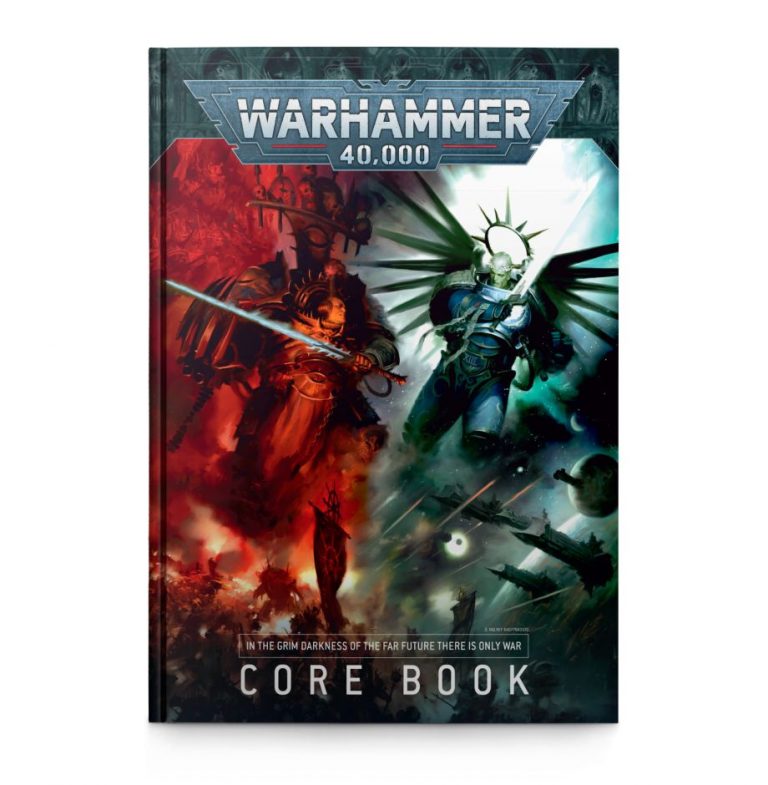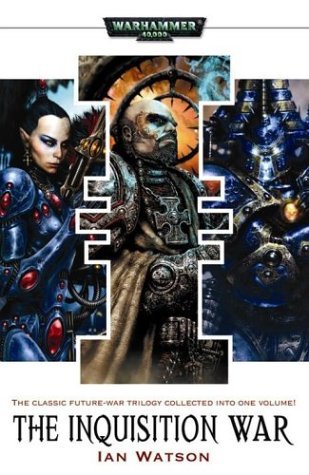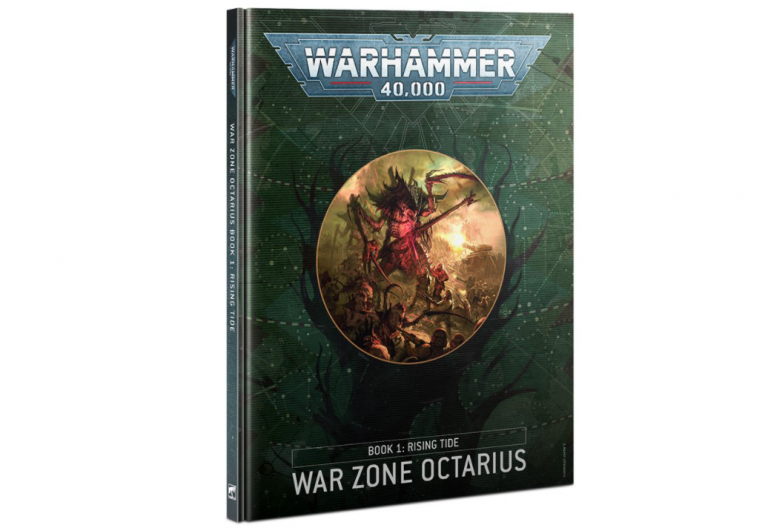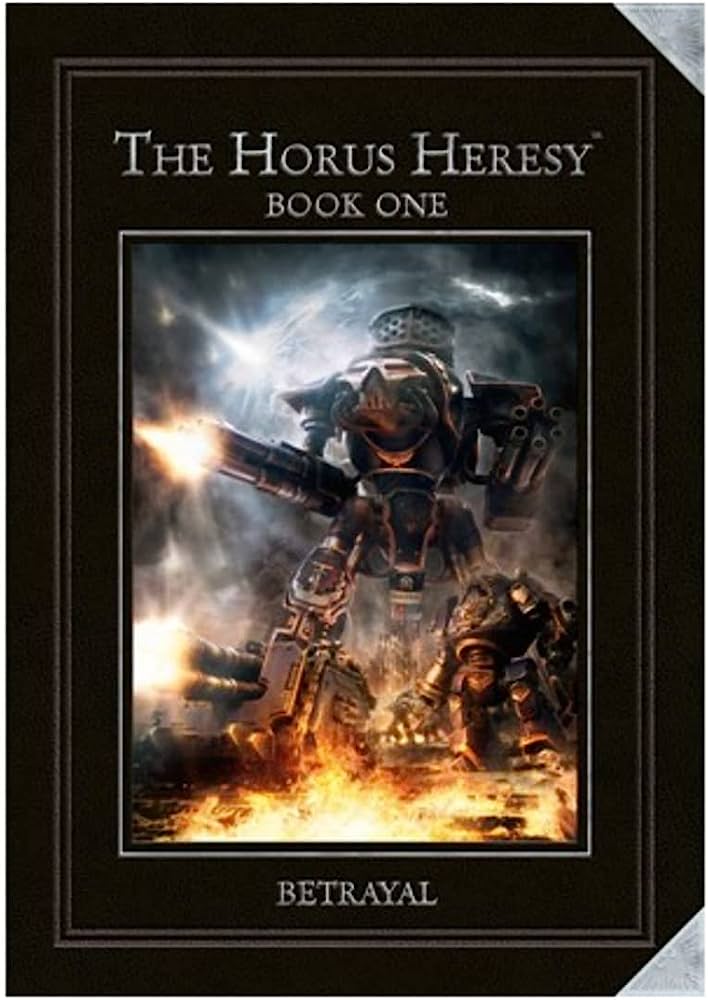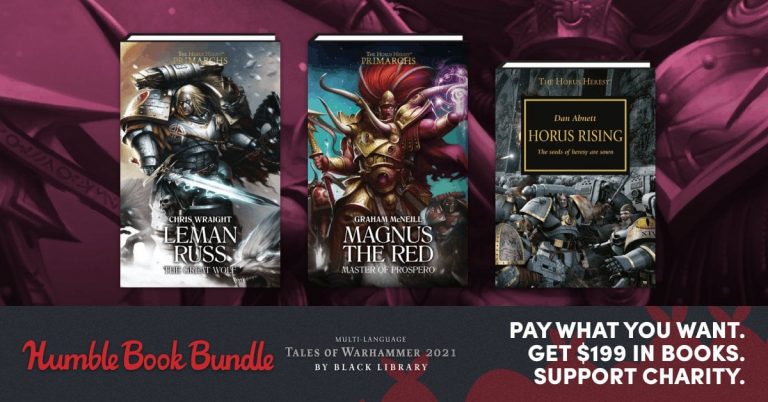Is It OK To Have Dark Fantasy?
When it comes to the realm of fantasy, there are endless possibilities to explore. From tales of whimsical adventures to stories of dark and mysterious worlds, the genre has captivated readers for centuries. But is it okay to have dark fantasy? Is there a place for the macabre and the eerie in our imaginations? Let’s delve into this intriguing question and discover the allure of dark fantasy.
Dark fantasy allows us to venture into the shadows, to explore the depths of our fears and desires. It embraces the mysterious, the supernatural, and the unsettling. With its gothic undertones and haunting atmospheres, dark fantasy invites us to confront our inner demons and unravel the enigmas that lie beneath the surface. It taps into our primal instincts, evoking a sense of thrill and excitement that is unique to this genre.
In a world where light and darkness coexist, dark fantasy offers a necessary contrast to the more optimistic and lighthearted tales. It provides a platform for exploring complex themes such as power, morality, and the human condition. Through its grim settings and morally gray characters, dark fantasy challenges our perceptions and forces us to question the nature of good and evil. It serves as a reminder that life is not always black and white, but rather a tapestry of shades and shadows.
So, is it okay to have dark fantasy? Absolutely! It allows us to delve into the depths of our imagination, to embrace the darker side of human nature, and to confront our fears head-on. Dark fantasy has its own unique beauty and serves as a testament to the diversity of the fantasy genre. Whether you prefer tales of epic heroism or haunting mysteries, there is room for all types of fantasy in our literary landscape. Embrace the darkness and let your imagination run wild in the realms of dark fantasy.
Is it okay to have dark fantasy?
Dark fantasy is a genre that explores themes of horror, supernatural elements, and the darker side of human nature. While some may argue that it promotes negative or disturbing ideas, others see it as a form of escapism and a way to explore complex emotions and themes. Ultimately, the acceptability of dark fantasy is subjective and depends on individual preferences and sensibilities. As long as it is understood as a work of fiction and consumed responsibly, there is no inherent harm in enjoying dark fantasy.

Is It OK to Have Dark Fantasy?
Dark fantasy is a genre that combines elements of fantasy and horror, often exploring themes of darkness, supernatural creatures, and the human psyche. While it may not be everyone’s cup of tea, dark fantasy has gained a significant following and has produced some highly acclaimed works. However, there are debates surrounding the genre, with some questioning its appropriateness and impact on readers. In this article, we will delve into the world of dark fantasy and explore whether it is acceptable to indulge in its macabre and fantastical realms.
The Appeal of Dark Fantasy
Dark fantasy offers a unique and captivating experience for readers. It delves into the shadows of the human imagination, exploring the darker aspects of humanity and the supernatural. The genre allows for intricate world-building, where mythical creatures, magic, and intricate plotlines intertwine. Dark fantasy often challenges traditional storytelling conventions, providing a refreshing alternative to more lighthearted fantasy works.
One of the main appeals of dark fantasy is its ability to explore complex themes and emotions. It delves into the human psyche, addressing topics such as fear, loss, and the struggle between good and evil. It can serve as a mirror to the darkness within us all, allowing readers to confront their own fears and anxieties in a safe and controlled environment.
The Impact of Dark Fantasy
While dark fantasy can be a thrilling and thought-provoking genre, it is essential to consider its potential impact on readers. The dark and often violent nature of the genre can be unsettling for some individuals, particularly those who are more sensitive or prone to anxiety. It is crucial for authors and readers alike to recognize and respect personal boundaries when engaging with the genre.
That being said, dark fantasy also has the potential to empower and inspire readers. It can provide a cathartic experience, allowing individuals to explore and process their own fears and anxieties through the lens of fiction. Additionally, dark fantasy often features complex and morally ambiguous characters, presenting opportunities for readers to reflect on their own beliefs and values.
The Role of Dark Fantasy in Popular Culture
Dark fantasy has made a significant impact on popular culture, with numerous books, films, and TV shows exploring its themes and concepts. Works like “Game of Thrones” and “The Witcher” have garnered massive followings, captivating audiences with their dark and immersive storytelling. These works have sparked discussions and debates, further fueling the genre’s popularity.
The success of dark fantasy in popular culture can be attributed to its ability to push boundaries and challenge societal norms. It offers a departure from conventional storytelling, incorporating elements of horror and the macabre to create a unique and unforgettable experience. The genre’s popularity also reflects society’s fascination with the darker aspects of human nature, providing an outlet for exploration and escapism.
The Ethical Considerations of Dark Fantasy
While dark fantasy can be a captivating and imaginative genre, it is essential to address the ethical considerations surrounding its content. The genre often includes explicit violence, gore, and mature themes that may not be suitable for all audiences. Authors and creators have a responsibility to handle these elements with care, ensuring that they serve a purpose within the narrative and do not glorify or promote harmful behavior.
It is also important for consumers of dark fantasy to approach the genre critically and consciously. Engaging with dark fantasy should be a choice made with awareness of its potential impact on one’s mental and emotional well-being. It is crucial to prioritize self-care and set personal boundaries when exploring the genre’s darker realms.
Overall, the acceptability of dark fantasy ultimately comes down to personal preference and individual comfort levels. While it may not be suitable for everyone, the genre offers a unique and captivating experience for those intrigued by its macabre and fantastical elements. As with any form of media, it is essential to approach dark fantasy with an open mind, critical thinking, and a consideration for personal boundaries.
Key Takeaways: Is it OK to have dark fantasy?
- Dark fantasy is a genre of fiction that combines elements of fantasy and horror.
- It is okay to have dark fantasy as long as it is age-appropriate and does not promote harmful behavior.
- Dark fantasy can be a way to explore complex themes and emotions in a safe and controlled environment.
- Parents should be involved in guiding children’s exposure to dark fantasy and ensuring they understand the difference between fiction and reality.
- Ultimately, whether it is okay to have dark fantasy depends on individual preferences and values.
Frequently Asked Questions
In this section, we will address some common questions regarding the acceptability of dark fantasy. Dark fantasy is a genre that combines elements of fantasy and horror, often featuring dark and disturbing themes. Read on to find out if it is okay to have dark fantasy in your life.
1. What is dark fantasy?
Dark fantasy is a genre that explores the darker aspects of the fantastical world. It often incorporates elements of horror, creating a sense of unease and fear. Dark fantasy stories can involve supernatural creatures, magic, and fantastical settings, but they also delve into themes of death, violence, and the human psyche.
While dark fantasy may not be suitable for everyone, it provides a unique and captivating experience for those who enjoy delving into the darker side of imagination. It allows readers to explore their fears and confront the unknown in a safe and controlled environment.
2. Is it okay to enjoy dark fantasy?
Yes, it is absolutely okay to enjoy dark fantasy. Just like any other genre, dark fantasy provides a form of escapism and entertainment. It allows readers to immerse themselves in a world of imagination and explore themes and emotions that may not be present in their everyday lives.
Dark fantasy can be a cathartic experience, allowing readers to confront their fears and emotions through fictional characters and settings. It can also serve as a source of inspiration and creativity, sparking new ideas and perspectives.
3. Does dark fantasy promote violence or negative behavior?
No, dark fantasy does not inherently promote violence or negative behavior. While the genre may contain violent or disturbing elements, it is up to the individual reader to interpret and engage with the content responsibly. Dark fantasy can provide a space for exploring complex emotions and themes, but it does not dictate or encourage real-life actions.
It is important to remember that dark fantasy is a work of fiction, and engaging with it should be done with a critical and discerning mindset. Responsible consumption of dark fantasy literature or media involves understanding the boundaries between fantasy and reality.
4. Can dark fantasy be enjoyed by all age groups?
Dark fantasy can be enjoyed by individuals of various age groups, but it is essential to consider the maturity and sensibilities of the audience. Some dark fantasy works may contain explicit violence, gore, or mature themes that may not be suitable for younger readers.
Parents and guardians should assess the content of dark fantasy books or movies to determine if they are appropriate for their children. Many dark fantasy stories are written specifically for adult audiences and may contain explicit content. However, there are also dark fantasy works that cater to young adult or middle-grade readers, offering age-appropriate experiences within the genre.
5. How can I differentiate between dark fantasy and horror?
While dark fantasy and horror share certain elements, they are distinct genres with different focuses. Dark fantasy incorporates fantastical elements, such as magic and supernatural creatures, while exploring darker themes. It often combines elements of fantasy and horror to create a unique blend of storytelling.
On the other hand, horror primarily aims to frighten and evoke a sense of fear or terror in the audience. It may utilize supernatural or psychological elements to create a chilling atmosphere or deliver jump scares. While there may be overlap between dark fantasy and horror, the emphasis and storytelling approach set them apart.
Why Do Women Always Have This Dark Fantasy?
Final Thought: Embracing the Dark Fantasy
In a world that craves imagination and thrives on creativity, it is absolutely okay to have dark fantasy. Dark fantasy allows us to explore the depths of our imagination, to delve into the darker aspects of human nature, and to confront our deepest fears in a safe and controlled environment. It provides a platform for storytelling that captivates and enthralls us, transporting us to alternate realities where magic and darkness coexist.
Dark fantasy offers a unique and compelling perspective that challenges societal norms and pushes the boundaries of conventional storytelling. It allows us to grapple with complex themes such as power, morality, and the human condition. By immersing ourselves in these narratives, we are able to gain a deeper understanding of ourselves and the world around us.
From a creative standpoint, dark fantasy opens up a world of possibilities. It allows writers and artists to explore the complexities of the human psyche, to create intricate and multi-dimensional characters, and to craft narratives that resonate with audiences on a profound level. The allure of dark fantasy lies in its ability to evoke strong emotions and provoke thought, creating a lasting impact that lingers long after the story has ended.
In conclusion, dark fantasy is not only okay but essential. It serves as a powerful medium for self-reflection, creative expression, and intellectual exploration. So embrace the darkness, let your imagination run wild, and allow yourself to be swept away by the enchanting allure of dark fantasy.


